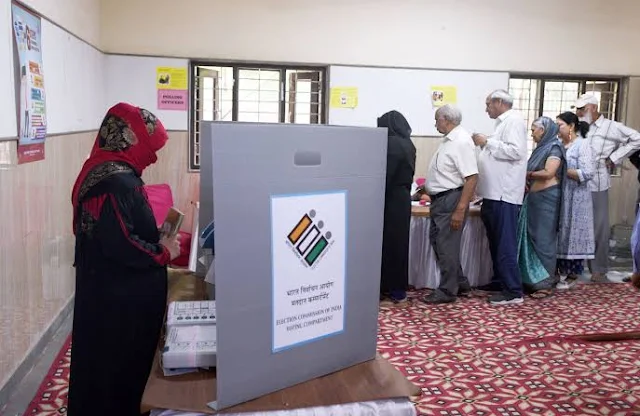In a powerful call for electoral reform and transparency, over 80 eminent citizens, experts, and activists have submitted a memorandum to the Election Commission of India (ECI), raising concerns over the autonomy, accountability, and technological integrity of India's election process.
The memorandum, endorsed by retired judges, bureaucrats, technical experts, journalists, and civil society leaders, highlights a growing distrust in the ECI, citing independent surveys where only 28% of citizens expressed confidence in the Commission. Key concerns include the alleged manipulation of Electronic Voting Machines (EVMs), opacity in voters’ list management, and the lack of public access to crucial voting data and audit trails.
The signatories demand comprehensive reforms in how elections are conducted and monitored. Among their six key demands are:
1. Searchable Voter Lists: Publication of all updated and past voters’ lists, including additions and deletions, in a searchable online format.
2. Transparency in Form 17C Data: Upload of vote count data from polling booths (Form 17C) and their aggregation by constituency.
3. Public Access to Claims and Objection Forms: Release of Forms 9, 10, 11, 11A, and 11B used during Special Summary Revision of voter rolls.
4. Open Source EVM Code: Full disclosure of the EVM source code to allow independent scrutiny.
5. Auditability of Symbol Loading Units (SLUs): Public access and third-party inspection of SLU data.
6. Strengthened VVPAT Audit: VVPAT slips should be handed to voters to be physically deposited in ballot boxes, followed by 100% slip counting.
The memorandum criticizes the ECI for creating a “clumsy and messy” system with 10.5 lakh EVMs functioning as disconnected computers vulnerable to internal manipulation. The signatories question the Commission’s reluctance to subject the source code of EVMs and the data flow processes to public scrutiny.
Notable signatories include Justice D. Hariparanthaman (Retd), Aruna Roy (MKSS), MG Devasahayam (ex-IAS), Digvijaya Singh (Rajya Sabha MP), Harsh Mander (ex-IAS), and Teesta Setalvad (Vote for Democracy), among others from civil society and academia.
The memorandum concludes with a call for the ECI to initiate discussions with the signatories and civil society groups to restore public trust in the democratic process.


Comments